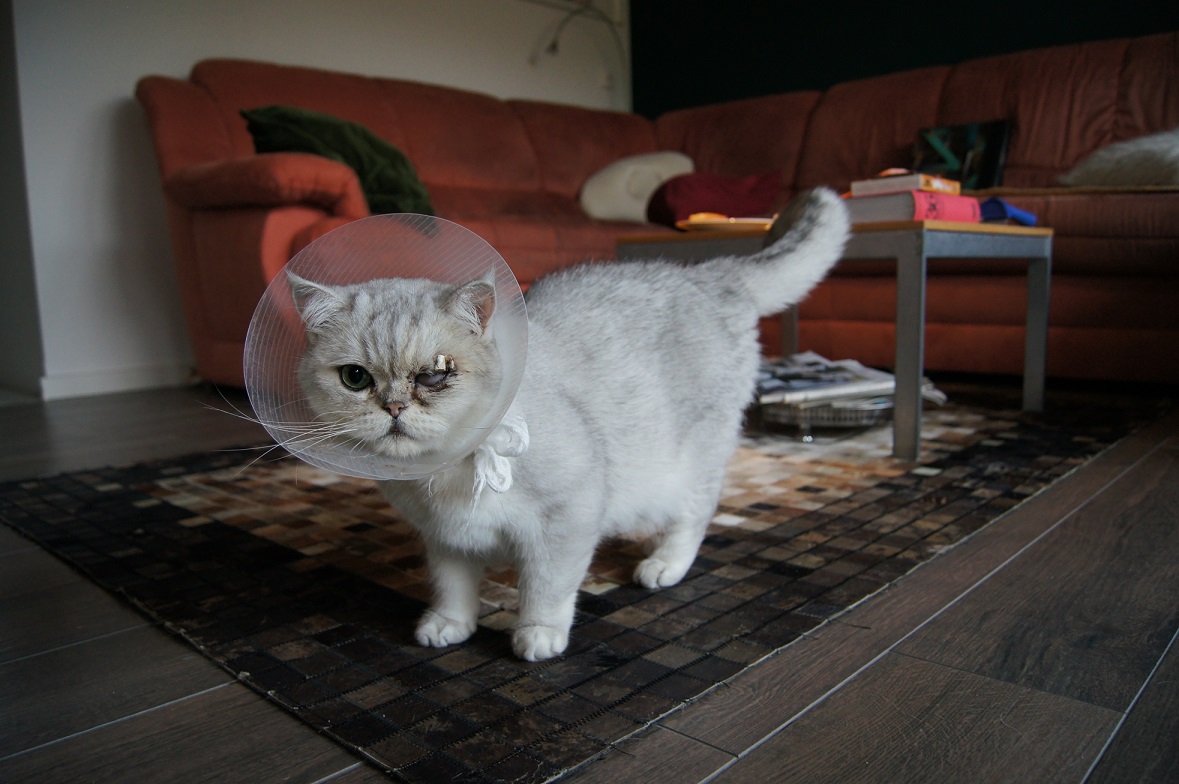Postoperative Cat Care

Cats can be quite grumpy creatures at times. From their wildcat predecessors, all the way to the modern house cat, they do not like to feel incapacitated or underpowered, which is exactly what they are after surgery. Additionally, cats may experience pain, and the need to move due to the pain, which is why you may need to temporarily restrict their movement – not quite something these furry pets look upon with joy. This is why you need to pay special care to your cat after surgery, until they’re better and well on their own.

Knowing what to pay attention to is vital for your pet recovery and cats are probably the most difficult to manage of all pets. This is why you should refer to this article and pay close attention to the items listed above!
